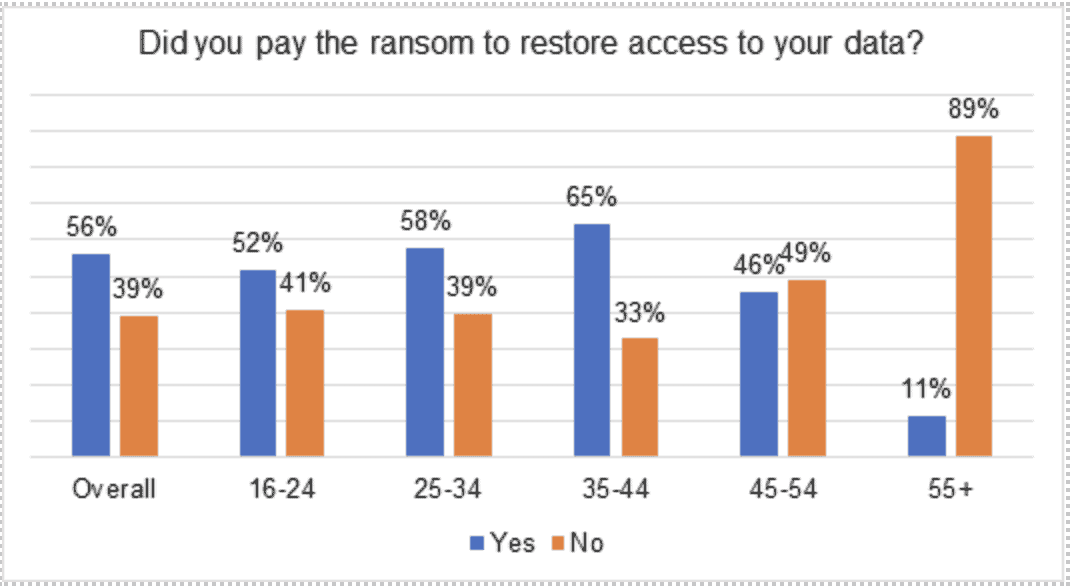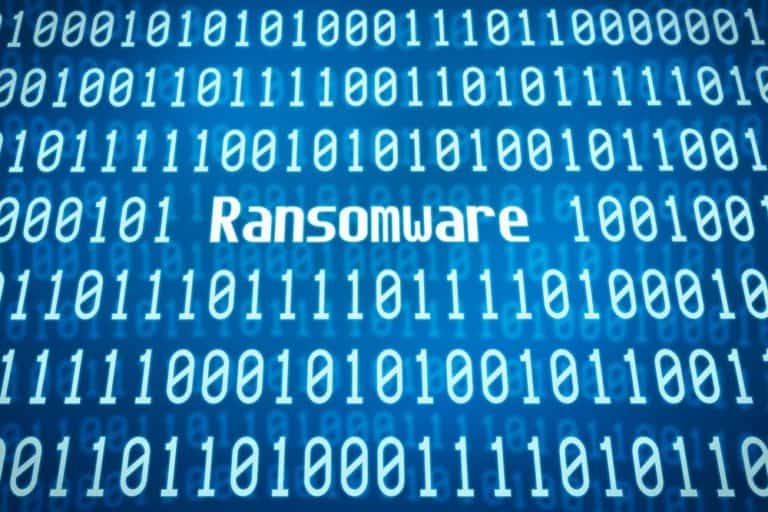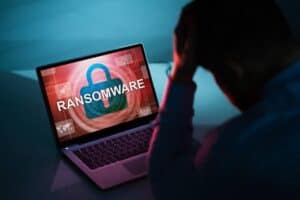More than half of users who fall victim to ransomware decide to pay the ransom. However, only around a quarter of all victims actually manage to recover their lost files.
This is shown in research by security company Kaspersky. The company asked 15,000 people around the world about their experience with ransomware. Of the respondents, 38 percent said that paying a ransom did not lead to positive results. Only 29 percent of all respondents were able to recover all data regardless of ransom payment. Half lost at least some files, 18 percent lost a small part of their files, 32 percent lost a significant part, and 13 percent lost almost everything.
Seniors less inclined to pay
Younger users seem to be more inclined to pay the ransom. Hardly any of those over 55 of age were prepared to put money down for their data, while more than half of those under 45 seem prepared to do so. On average, 56 percent of respondents are prepared to pay money for their stolen data.

Substantial proportion pays ransom
“From this data, we have seen that a significant proportion of consumers have paid the ransom for their data in the last 12 months. But handing over money does not guarantee the return of data and only encourages cybercriminals to continue the practice. That’s why we always advise those affected by ransomware not to pay, as that money keeps this form of cyberattack alive,” said Marina Titova, Head of Consumer Product Marketing at Kaspersky.
“Instead, consumers should ensure that they invest in initial protection and security of their devices and regularly back up all data. This will make the attack itself less attractive or lucrative for cybercriminals, reduce its use and provide a safer future for internet users.”
How to counter ransomware
Kaspersky provides a few tips to counter ransomware attacks. The company particularly stresses not to pay ransom. After all, doing so only encourages the practice. Do report the attack to local authorities. Kaspersky also recommends finding out the name of the trojan used, so cybersecurity experts can help decrypt the data. Kaspersky also has a list of tools on its website that can be used to decrypt some known ransomware.
Other advice on preventing ransomware includes not opening unknown links or attachments in emails, not inserting unknown USB sticks into a computer, ensuring good endpoint protection on the computer and making good backups.
Tip: Cybercriminals target top executives to force ransom payment



















